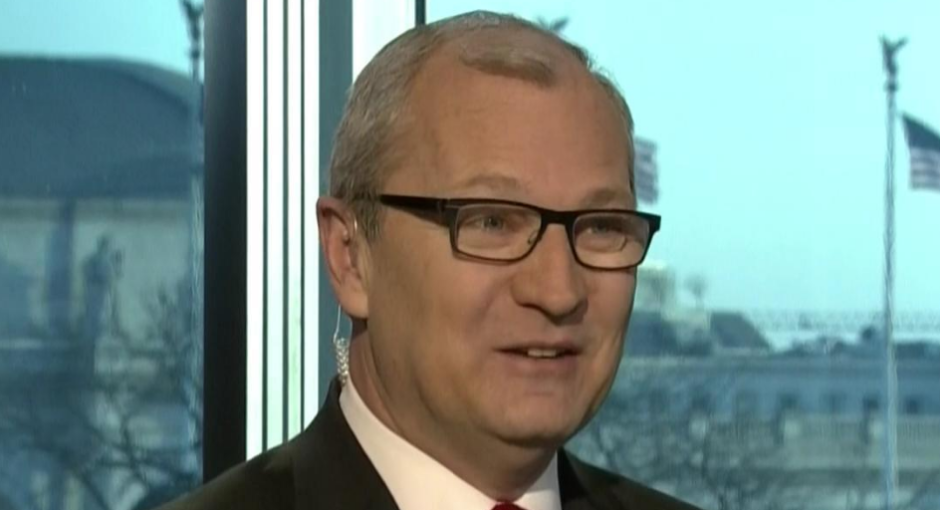A second Republican 340B-related amendment, regarding what covered entities could charge patients for insulin, was offered and then tabled in the U.S. Senate late last week to a budget bill linked to Democrats’ forthcoming COVID-19 relief package.
Sen. Kevin Cramer’s (R-N.D.) amendment would have let the Senate Budget Committee add to the budget reconciliation bill then on the floor language “relating to ensuring affordable access to life-saving medications for patients with diabetes, which may include requiring covered entities participating” in the 340B program “to pass savings on insulin directly to patients.”
On Jan. 21, the Biden administration pushed back, to March 22, the effective date of the Trump administration’s controversial final rule to require health centers to provide insulin and injectable epinephrine to low-income patients at the price centers pay for those drugs under the 340B program.
Interestingly, Cramer’s amendment referred to covered entities in general, not community health centers specifically.
“The amendment was offered as a way to ensure patients with diabetes have access to affordable, life-saving medications for patients,” a spokesperson for Cramer said last night. “The amendment could have applied to injectable epinephrine or other products, though none were specifically listed.” The amendment was one of many that was ruled out of order by the Senate Budget Committee chairman.
On Saturday, we reported that Sen. Mike Braun (R-Ind.) unsuccessfully offered an amendment to attach language to the budget bill aimed at “improving transparency” in the 340B program “through data reporting.” Braun’s staff confirmed the amendment was related to a bill he introduced during the last session of Congress to require 340B disproportionate share (DSH), children’s, and free-standing cancer hospitals to report data from their main and child sites on patient insurance status, charity care costs, and aggregate acquisition costs and reimbursements for 340B drugs. So far, he has not reintroduced it in the new session of Congress. Nor has Rep. Bruce Westerman (R-Ark.), who sponsored identical legislation in the House during the last session.
The Senate approved a handful of amendments to the budget bill, including one to reserve 20 percent of the CARES Act Provider Relief Fund for rural hospitals. The bipartisan amendment was co-sponsored by Sens. Susan Collins (R-Maine), Joe Manchin (D-W.Va.), Jerry Moran (R-Kan.), Shelley Moore Capito (R-W.Va.), Jeanne Shaheen (D-N.H.), Rob Portman (R-Ohio), Angus King (I-Maine), and Lisa Murkowski (R-Alaska).
The eight senators are trying to get an additional $35 billion in COVID-19 aid for providers added to the COVID-19 relief bill that congressional Democrats and the Biden administration are still writing. Biden and the Democrats plan to fold the COVID-19 relief into the budget bill and get it passed by the Senate on a simple majority vote. House Speaker Nancy Pelosi said her goal is get the combined bill enacted into law by the end of February.


